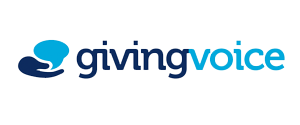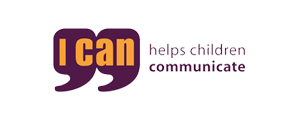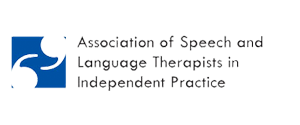Voice assessment
A voice assessment is used to identify the cause, symptoms and impact of the voice disorder. It can be used by the speech and language therapist with any child who is having difficulty with their voice. Speech and language therapists can use the information from the assessment to create individual therapy programmes that help the child to use their voice appropriately as well as providing them with advice and techniques on how to stop their voice disorder from reoccurring or worsening.
Benefits of a voice assessment
- Identification of voice difficulties or disorder.
- Identification of risk factors.
Find out more…
What will the voice assessment assess?
The voice assessment is used by the speech and language therapist to determine the cause and the impact of the voice disorder on your child. The assessment will look at the child’s voice its quality and how the child may use their voice on a day to day basis. The assessment will include:
- In depth case history - including medical history, background information, voice history, etc.
- Perceptual judgement of the child’s voice by the speech and language therapist.
- The child and parents opinion of the child’s voice and the impact of the difficulties on the child’s daily life.
- Assessment of laryngeal muscles.
- Measurements of aerodynamics, pitch, resonance, vibratory cycles and overall voice quality.
- Overall observation of child including breathing and posture.
Why is a voice assessment needed?
A voice assessment is needed to help identify the cause of the voice disorder, it can also help to identify the risk factors that may be causing the symptoms to worsen. The voice assessment will help to determine the impact of the difficulties on the child's daily activities, as well as their social and emotional wellbeing. Once the cause and risk factors are identified the speech and language therapist can use the information to create a therapy programme that is best suited to the child and their needs.
Typical conditions that require a voice assessment
Below are some of the common conditions the voice assessment is used for:
- Vocal nodules
- Polyps
- Vocal cord paralysis
- Neurological conditions
- Surgical procedures
- Viral infections
- Gastro-oesophageal reflux
- Cancer
- Vocal abuse and misuse
- Emotional stress
- Vocal abuse and misuse e.g. excessive shouting
Our speech and language therapists can help all children with a variety of conditions and difficulties, including those children who have not been diagnosed or identified with a condition. The voice assessment will help identify the different difficulties your child is experiencing with their voice and the impact it is having on their anatomy, voice quality, as well their communication. Our speech and language therapists can help improve you child’s voice quality and reduce the risk of a reoccurrence of their voice disorder by giving advice and providing therapy to improve their vocal function.
What information will I receive following a voice assessment?
After an assessment our speech and language therapist will provide a summary of the assessment and its results. Following an assessment you can request a report that details the findings of the assessment. The report will also contain information about how the difficulties / disorder is impacting on your child’s communication as well as their activity and participation. The report will also contain a treatment plan and recommendation on how to improve and maintain good vocal skills.
Treatment following a voice assessment
Some of the available paediatric voice therapy are listed below:
- Advice for child, parents, teachers and other professionals.
- Vocal hygiene advice.
- Behavioural vocal therapy.
- Improvement of voice quality.
- Breathing exercises.
- Vocal function exercises.
- Relaxation exercises.
- Strategies to reduce vocal abuse and misuse.
We offer a wide range of treatments, if you feel that your child could benefit from a certain therapy programme contact our speech and language therapist for more details. Email office@sltforkids.co.uk or call us on 0330 088 2298.
Summary
The voice assessment is used to identify difficulties with vocal function, good voice quality. The voice assessment is suitable for a range of conditions and can identify problems such as voice disorders, vocal abuse and misuse.
Our voice assessments are used to assess and identify difficulties with voice in order to inform your treatment plan. If you would like more information on our assessments please email office@sltforkids.co.uk or call on 0330 088 2298.








